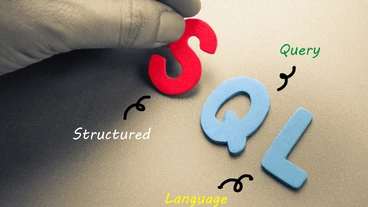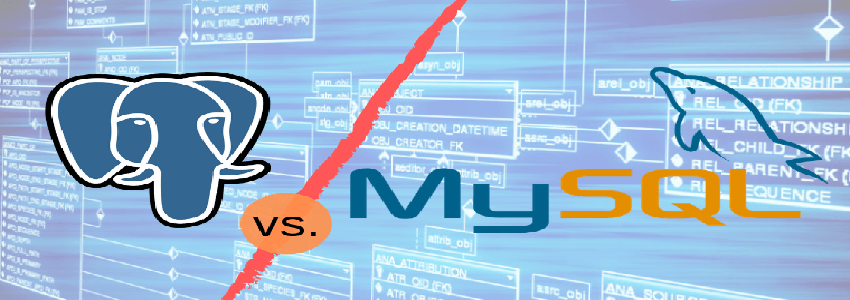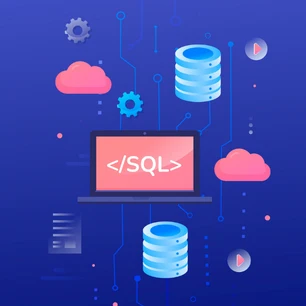PostgreSQL has recently been making strides to catch up with MySQL regarding features, and recent updates are addressing many user needs. This has led to a number of similarities between the two databases. In addition, Postgres and MySQL are strongly committed to fixing issues and meeting user requirements.
MySQL is faster
Postgres is a more complex database than MySQL. It has many more features and supports more complicated joins. In addition, the database can grow much larger than MySQL. However, it can't scale to as many concurrent connections. This can be a problem for larger systems. The key difference between the two databases is that Postgres supports more advanced functions, such as inheritance and table inheritance.
Postgres was first released in 1996, and it's currently maintained by the PostgreSQL Global Development Group. It's an open-source relational database that supports object-oriented features and is easy to set up and use. It also supports large amounts of data and has 9 storage engines, including MyIsam and InnoDB. Postgres and MySQL support the same data types, but Postgres is easier to use with modern web frameworks.
PostgreSQL is faster than MySQL for certain applications. While PostgreSQL is better for large systems, MySQL is better for smaller databases and systems that do not require concurrency. MySQL is the most widely used Open Source database management system. It's built on Structured Query Language, commonly known as SQL. It's an easy-to-learn object-relational database engine and has many developer features.
MySQL was specifically designed for speed. Its creators decided to remove features that made query processing slow. For example, MySQL automatically converts CHAR columns into VARCHAR when added to the database. This is because MySQL thinks that variable-length fields are faster than fixed-length ones.
MySQL offers a wider variety of data types
MySQL offers a wide variety of data types to store data in databases. Integer, float, date and time, string, and JSON data types are supported by MySQL. Each data type has its own description and storage requirements. To learn more about each data type, read the corresponding chapter.
For example, a user's registration date or the start and end time of a university lecture can be stored with the date data type. The DATE type supports date and time values in the YYYY-MM-DD format and has a wider range than the DATETIME data type. It can also store values with fractional seconds.

The integer data type in MySQL supports both signed and unsigned integers. It is useful for storing whole numbers. However, it does not support negative or mixed-precision values. Integers are not rounded in MySQL, and there may be a loss of precision during arithmetic operations. Boolean and double-precision data types are also supported.
The JSON data type is another option offered by MySQL. It allows you to store and access JSON documents. This data type has several benefits and helps you optimize your database's performance and capacity.
MySQL is faster with read-only commands
MySQL can be configured in several ways to improve read speeds. One option is to set the join buffer size, which tells MySQL how much memory to allocate when creating a join. Increasing the join buffer size will increase the amount of memory available for each MySQL thread. You should be careful when choosing this setting, though. If the join is too large, MySQL will often resort to creating a temporary table on your hard drive.
Another option is to use the 'ifnull' option. This is especially useful for fields that require a date or time value. By using this option, you can eliminate the need to convert null values. For example, if an order record contains a null amount, the sum of orders would behave incorrectly. The 'ifnull' option will allow you to return a different value for that record. However, the biggest disadvantage of storing a lot of columns in MySQL is the extra IO and storage.
Another way to make MySQL faster is by using an index. An index is a special table that stores a certain set of data. By using an index, MySQL will optimize the query and make the query faster.











